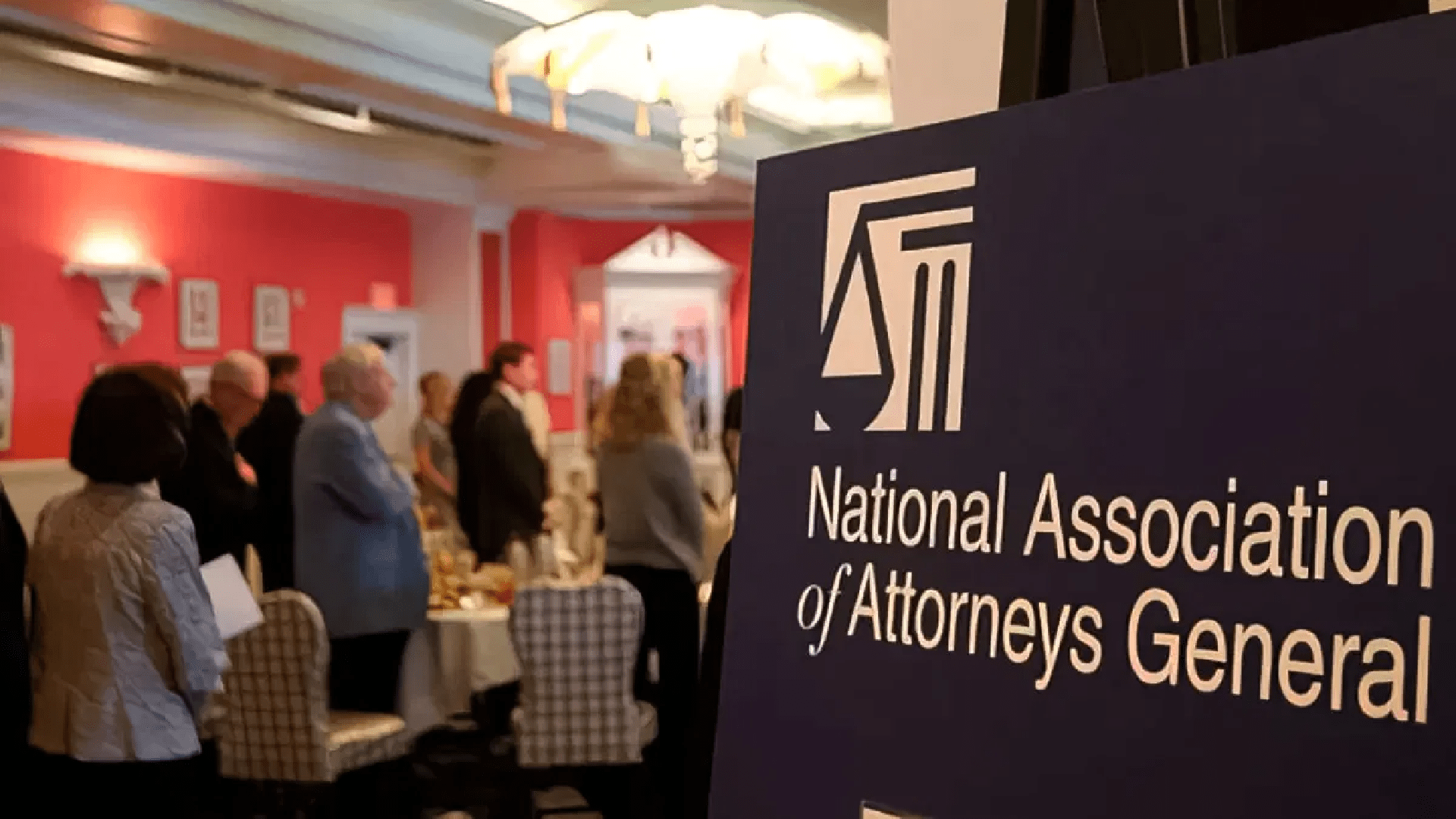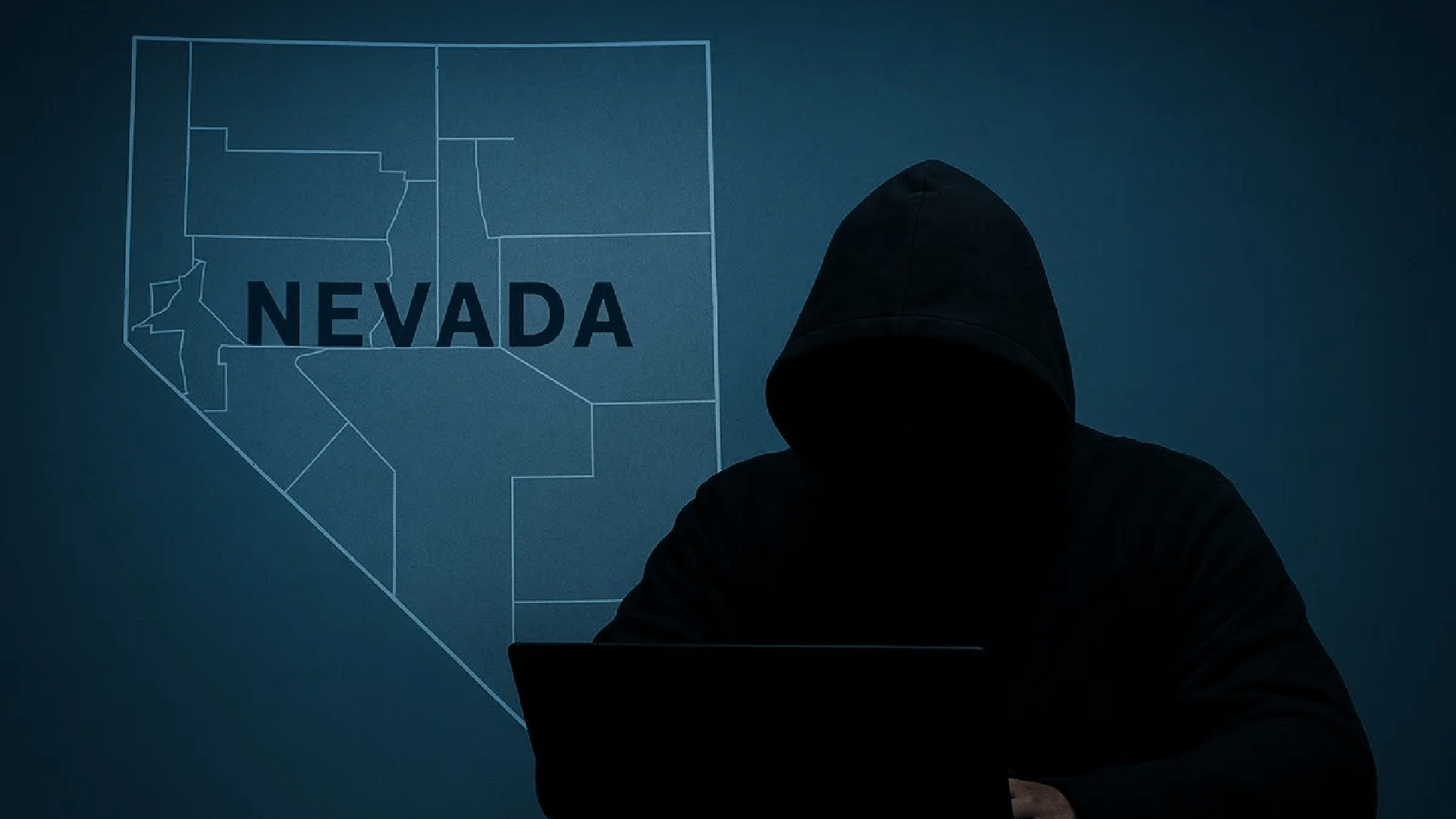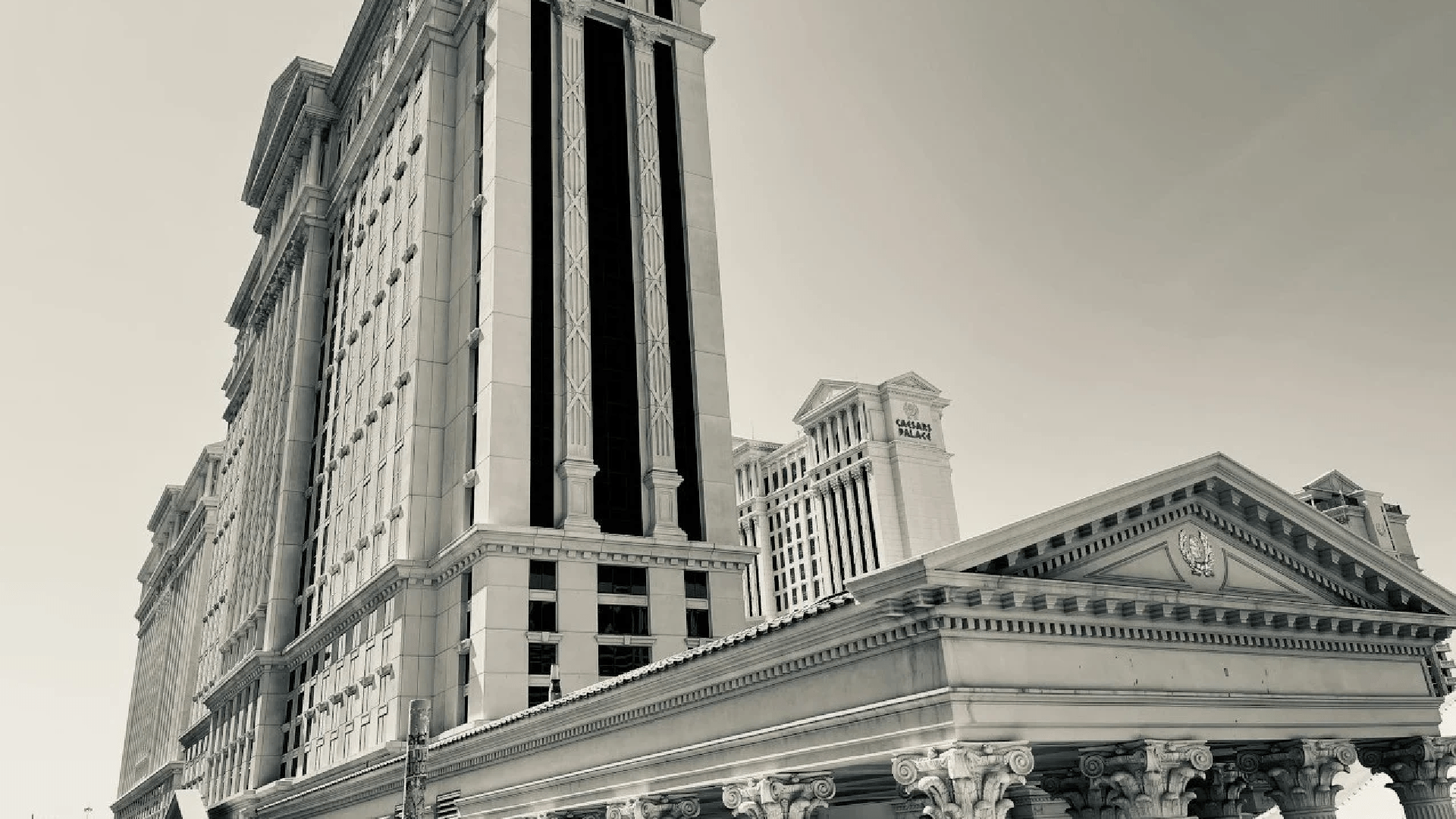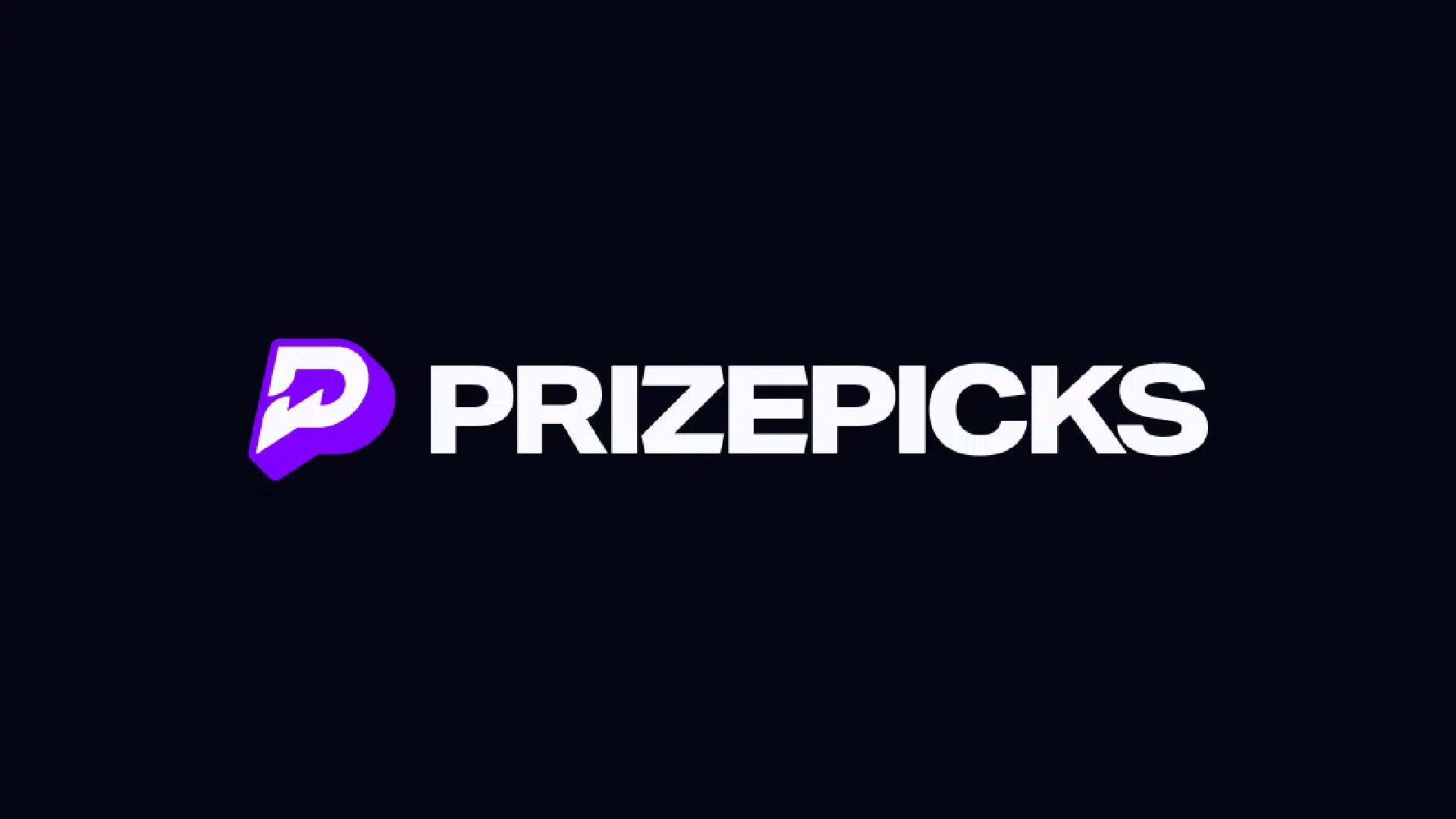
The US Department of Justice is being urged by all 50 state attorneys general to strengthen the enforcement of state and federal laws pertaining to internet gambling.
All 50 state AGs have signed a letter from the National Association of Attorneys General (NAAG), which calls on US Attorney General Pam Bondi to "address the rampant spread of illegal offshore gaming operations" nationwide.
“Our States have heard reports concerning growth in the illicit offshore gambling markets that could be harming our citizens,” the letter began.
"While we as States do all we can to protect our citizens, such unlawful enterprises undermine the rule of law, threaten consumer protection, and deprive our States of significant tax revenues and economic benefits. We seek the U.S. DOJ’s cooperation in ensuring these companies are brought to justice to the fullest extent available under state and federal law, both criminal and civil, for any potential violations,” the attorneys general continued.
For attorneys general, the NAAG is a nonpartisan national platform that offers a community and cooperative environment for discussing important topics.
Growing Issue
Players in jurisdictions where online casinos are prohibited, such as 43 of the 50 US states, are served by offshore gambling websites. These fake websites are frequently run from countries like the Philippines, Malta, Curacao, the Isle of Man, Anjouan, Gibraltar, and Ukraine that are welcoming to online gaming enterprises.
While those jurisdictions' gaming regulators oversee their licensed online gambling operators for fair play and some consumer protections, they frequently do not impose restrictions on where a business's online slots and table games can be accessible. Sports betting is also available on the majority of offshore gaming platforms.
States in the US have the authority to decide whether or not iGaming is allowed. Only Connecticut, Delaware, Michigan, New Jersey, Pennsylvania, Rhode Island, and West Virginia now have licenses for internet casinos. Qualified online gambling companies like DraftKings and FanDuel are granted licenses by those states.
Residents of the 43 other states, however, have a wide range of options when it comes to gambling on unlicensed, illegal casino websites that operate abroad. Although the attorneys general claim they lack the resources necessary to stop and/or prosecute these apps, Bondi does.
President George W. Bush signed the Unlawful Internet Gambling Enforcement Act of 2006 (UIGEA), a part of the SAFE Port Act, into law. A domestic or foreign gambling company that "knowingly accepts payments in connection with the participation of another person in a bet or wager that involves the use of the internet and that is unlawful under any federal or state law" is guilty of a federal offense under the UIGEA.
Bondi is informed by the attorneys general that her DOJ has the power to take assets and seek injunctive action against offshore gaming firms, just as the federal government did on "Black Friday" in 2011.
Copying Real Casinos Offshore
Offshore casino platforms have frequently stolen the names, images, and likenesses of US casinos, using their legitimacy to trick customers into believing they are operating a genuine internet gambling business.
The fraudulent advertisements have spread widely on social media, from MGM's Beau Rivage in Mississippi to Plainridge Park in Massachusetts and west to the Muckleshoot Casino Resort in Washington. As a result, many casinos have warned the public that these advertisements are fraudulent and unrelated to their physical properties.
In addition to seizing the assets and domain names of illegal offshore gaming operators, the attorneys general are requesting that the DOJ work with financial institutions to block illegal transactions, dismantle the financial infrastructure that supports the offshore gaming operations, and seek injunctive relief under federal law.

 UK
UK








